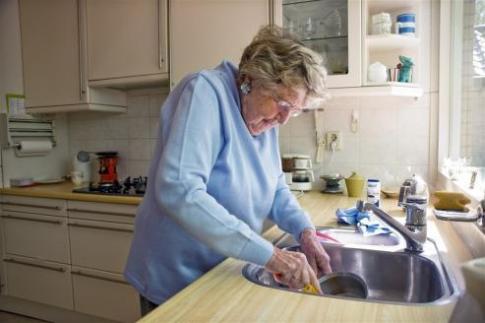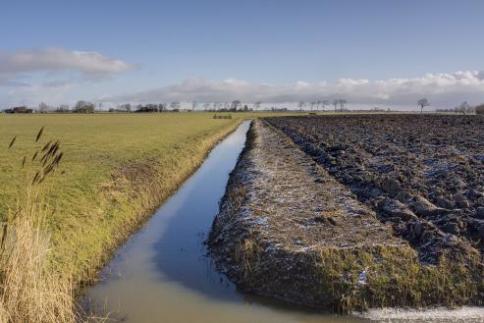Living independently for longer
Rli - january 2014Introduction
The Minister for Housing and the Central Government Sector, Mr Stef Blok, requested the Council for Environment and Infrastructure (Rli) to advise on how proposed policy reforms in the long-term care sector will affect the housing market, devoting particular attention to regional differences and the opportunities for government control.
In the resultant advisory letter, 'Living independently for longer – a shared responsibility of the housing, health and welfare policy domains,' the Council notes that the reforms of long-term care are entirely in keeping with the autonomous societal development whereby people wish to live independently, maintaining control of their own lives and seeking 'autonomy'.

Viewed from a general perspective, the reform proposals will offer people with restrictions greater opportunity to continue living in their own familiar setting and will allow those with a care requirement to meet their housing preferences more closely. Moreover, the reforms are likely to encourage the development of new housing and service provision concepts. However, the Council also identifies a number of short-term difficulties. It therefore offers recommendations intended to preclude or mitigate their adverse effects.
The current economic climate and policy amendments in various domains may discourage stakeholders from making such investments. At the same time, regulators are focusing more closely on the performance of the stakeholders' core tasks. This stands in the way of achieving optimum synergy, although synergy is absolutely essential in the shared domain of housing, healthcare and welfare. Some policy proposals prompt stakeholders to focus on their own interests, while the short timeframe proposed for the implementation of the reforms is forcing many to make short-term decisions which may well lead to the loss of valuable capital assets in the longer term.
The Council advises the government to formulate a clear vision on housing, healthcare and welfare covering the next ten to fifteen years. This vision should clearly state which chronic care indications are to be subject to the separation of housing and care costs, and the route by which this separation will be sought. This will create greater clarity, allowing the market parties to develop a long-term strategy for their real estate holdings as well as for housing in both the rental and owner-occupied sectors, and to make appropriate investments.
In addition, the Council recommends giving stakeholders greater room to create synergy between the domains, creating investment incentives, and allowing greater flexibility (including time) with regard to the transformation of care sector real estate.
This advisory letter was produced in association with the Scientific Council for Government Policy (WRR).
Publication date
The advisory letter was submitted to Mr Stef Blok (Minister for Housing and the Central Government Sector) and Mr Martin van Rijn (State Secretary for Health, Welfare and Sport) on 23 January 2014.

